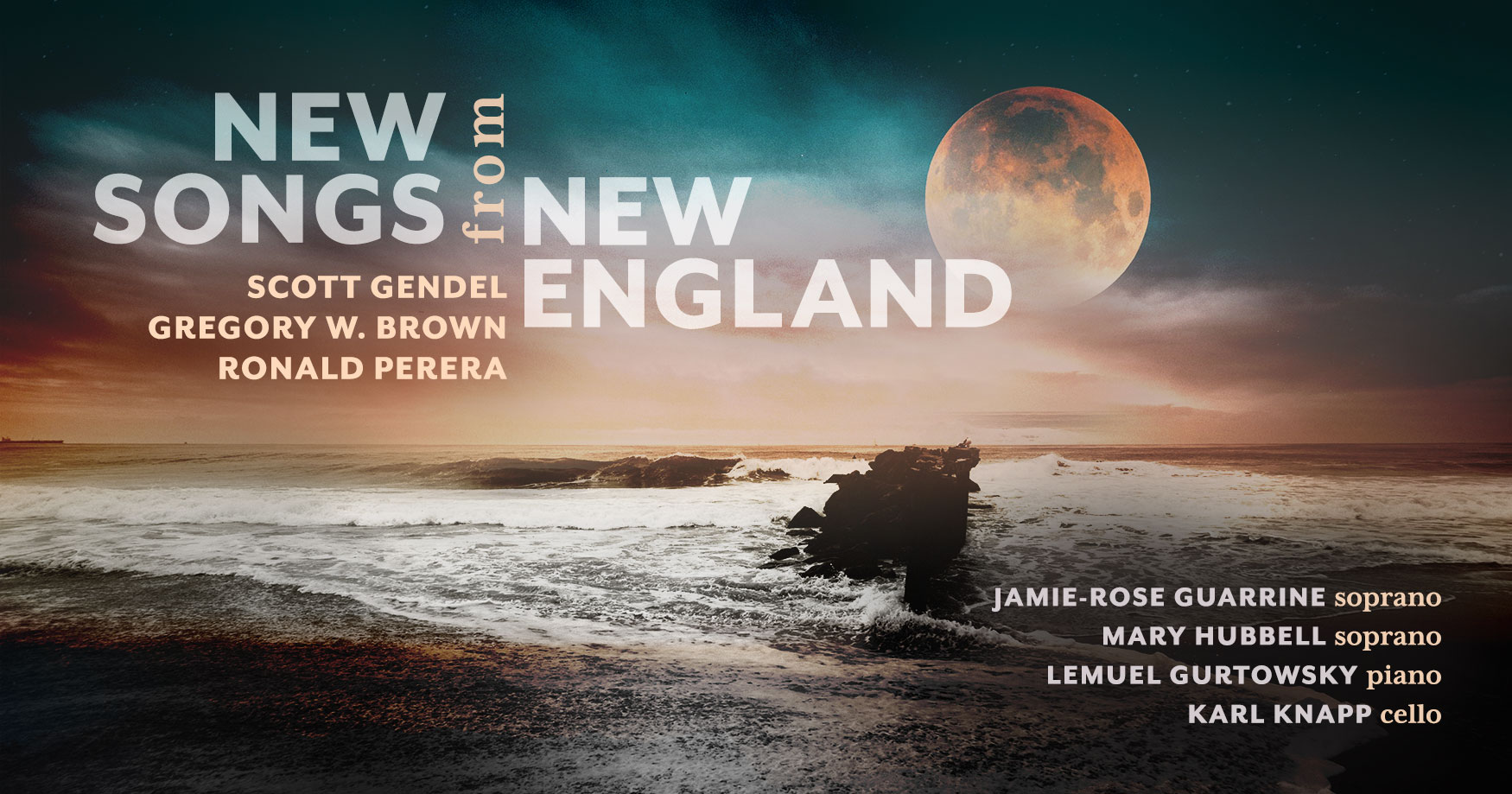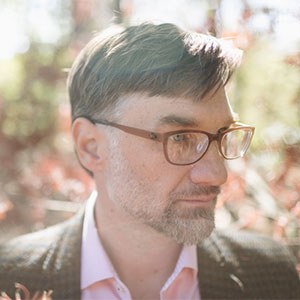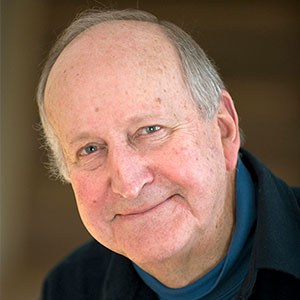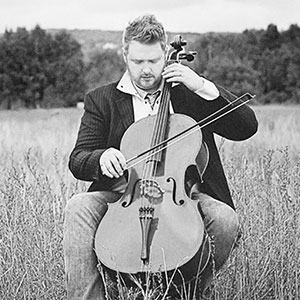
From out of the silence and digital latencies of this pandemic, we offer an evening of songs celebrating hope within the context of hardship; songs exploring nature and its restorative properties; songs sung for the joy of singing with one another, together and in person. All of the music performed this evening was written for the performers featured.

![]()
About
Texts
TO KEEP THE DARK AWAY
by Scott Gendel
text by Emily Dickinson
Letter to the World
This is my letter to the world,
That never wrote to me,–
The simple news that Nature told,
With tender majesty.
Her message is committed
To hands I cannot see;
For love of her, sweet countrymen,
Judge tenderly of me!
The Saddest Noise
The saddest noise, the sweetest noise,
The maddest noise that grows,—
The birds, they make it in the spring,
At night’s delicious close.
Between the March and April line—
That magical frontier
Beyond which summer hesitates,
Almost too heavenly near.
It makes us think of all the dead
That sauntered with us here,
By separation’s sorcery
Made cruelly more dear.
It makes us think of what we had,
And what we now deplore.
We almost wish those siren throats
Would go and sing no more.
An ear can break a human heart
As quickly as a spear,
We wish the ear had not a heart
So dangerously near.
In Vain
If I can stop one heart from breaking,
I shall not live in vain;
If I can ease one life the aching,
Or cool one pain,
Or help one fainting robin
Unto his nest again,
I shall not live in vain.
Accustomed to the Dark
We grow accustomed to the Dark –
When light is put away –
As when the Neighbor holds the Lamp
To witness her Goodbye –
A Moment – We uncertain step
For newness of the night –
Then – fit our Vision to the Dark –
And meet the Road – erect –
And so of larger – Darknesses –
Those Evenings of the Brain –
When not a Moon disclose a sign –
Or Star – come out – within –
The Bravest – grope a little –
And sometimes hit a Tree
Directly in the Forehead –
But as they learn to see –
Either the Darkness alters –
Or something in the sight
Adjusts itself to Midnight –
And Life steps almost straight.
The Crickets Sang
The crickets sang,
And set the sun,
And workmen finished, one by one,
Their seam the day upon.
The low grass loaded with the dew,
The twilight stood as strangers do
With hat in hand, polite and new,
To stay as if, or go.
A vastness, as a neighbor, came,–
A wisdom without face or name,
A peace, as hemispheres at home,–
And so the night became.
I Sing to Use the Waiting
I sing to use the Waiting
My Bonnet but to tie
And shut the Door unto my House
No more to do have I
Till His best step approaching
We journey to the Day
And tell each other how We sung
To Keep the Dark away.
MOONLIGHT IS VERY WHITE
by Gregory W. Brown
text by Wang Xiaoni
translated into English by Eleanor Goodman
Late at night the moon exposes every bone.
I breathe in a pale breath.
The world’s irritations
become falling fireflies.
The city is a lifeless skeleton.
No life
can match this pure night light.
Open the curtains
and before my eyes the universe mixes with silver
the moonlight helps me forget I’m alone.
Life’s last act
is silently rehearsed on a swath of white.
Moonlight arrives on the floorboards
my two feet are already pale.
THAT WE WERE GONE
by Ronald Perera
Three Poems in Time of War by Sara Teasdale
Winter Stars
I went out at night alone;
The young blood flowing beyond the sea
Seemed to have drenched my spirit’s wings—
I bore my sorrow heavily.
But when I lifted up my head
From shadows shaken on the snow,
I saw Orion in the east
Burn steadily as long ago.
From windows in my father’s house,
Dreaming my dreams on winter nights,
I watched Orion as a girl
Above another city’s lights.
Years go, dreams go, and youth goes too,
The world’s heart breaks beneath its wars,
All things are changed, save in the east
The faithful beauty of the stars.
A Boy
Out of the noise of tired people working,
Harried with thoughts of war and lists of dead,
His beauty met me like a fresh wind blowing,
Clean boyish beauty and high-held head.
Eyes that told secrets, lips that would not tell them,
Fearless and shy the young unwearied eyes?
Men die by millions now, because God blunders,
Yet to have made this boy he must be wise.
There Will Come Soft Rains
There will come soft rains and the smell of the ground,
And swallows circling with their shimmering sound;
And frogs in the pools singing at night,
And wild plum trees in tremulous white,
Robins will wear their feathery fire
Whistling their whims on a low fence-wire;
And not one will know of the war, not one
Will care at last when it is done.
Not one would mind, neither bird nor tree
If mankind perished utterly;
And Spring herself, when she woke at dawn,
Would scarcely know that we were gone.
TO THE BLEAK SHORE
by Gregory W. Brown
texts by Edna St. Vincent Millay
Time does not bring relief
Time does not bring relief; you all have lied
Who told me time would ease me of my pain!
I miss him in the weeping of the rain;
I want him at the shrinking of the tide;
The old snows melt from every mountain-side,
And last year’s leaves are smoke in every lane;
But last year’s bitter loving must remain
Heaped on my heart, and my old thoughts abide.
There are a hundred places where I fear
To go,—so with his memory they brim.
And entering with relief some quiet place
Where never fell his foot or shone his face
I say, “There is no memory of him here!”
And so stand stricken, so remembering him.
Ebb
I know what my heart is like
Since your love died:
It is like a hollow ledge
Holding a little pool
Left there by the tide,
A little tepid pool,
Drying inward from the edge.
I shall go back again
I shall go back again to the bleak shore
And build a little shanty on the sand,
In such a way that the extremest band
Of brittle seaweed will escape my door
But by a yard or two; and nevermore
Shall I return to take you by the hand;
I shall be gone to what I understand,
And happier than I ever was before.
The love that stood a moment in your eyes,
The words that lay a moment on your tongue,
Are one with all that in a moment dies,
A little under-said and over-sung.
But I shall find the sullen rocks and skies
Unchanged from what they were when I was young.

Don’t Miss A Beat
The data submitted through this form will be processed and stored in accordance with our Privacy Policy.


 Scott Gendel (b. 1977) is a composer, vocal coach, pianist, theatrical music director, singer, keyboardist, composition instructor, and general musical polymath living in Madison WI. As a composer, his music has a wide-ranging scope, but Gendel is particularly obsessed with the artistry of the human voice in all its forms, including opera, art song, choral music, musical theatre, pop songs, and more. As a performing musician, Gendel collaborates on vocal and instrumental recitals around the country, plays in four different hard-to-categorize rock and electronic bands, coaches professional opera singers from around the country, and is the official pianist and principal vocal coach for Madison Opera.
Scott Gendel (b. 1977) is a composer, vocal coach, pianist, theatrical music director, singer, keyboardist, composition instructor, and general musical polymath living in Madison WI. As a composer, his music has a wide-ranging scope, but Gendel is particularly obsessed with the artistry of the human voice in all its forms, including opera, art song, choral music, musical theatre, pop songs, and more. As a performing musician, Gendel collaborates on vocal and instrumental recitals around the country, plays in four different hard-to-categorize rock and electronic bands, coaches professional opera singers from around the country, and is the official pianist and principal vocal coach for Madison Opera. Gregory W. Brown’s (b. 1974) works have been performed across the United States and Europe — most notably in Weill Hall at Carnegie Hall in New York City, Cadogan Hall in London, and the Kleine Zaal of the Concertgebouw in Amsterdam. Brown’s cantata un/bodying/s was premiered by two-time Grammy winning Philadelphia choir The Crossing in June 2017 and released on Innova Records. This 35-minute work for 24 voices uses new texts by poet Todd Hearon and focuses on issues of displacement and ecology around the creation of the Quabbin Reservoir.
Gregory W. Brown’s (b. 1974) works have been performed across the United States and Europe — most notably in Weill Hall at Carnegie Hall in New York City, Cadogan Hall in London, and the Kleine Zaal of the Concertgebouw in Amsterdam. Brown’s cantata un/bodying/s was premiered by two-time Grammy winning Philadelphia choir The Crossing in June 2017 and released on Innova Records. This 35-minute work for 24 voices uses new texts by poet Todd Hearon and focuses on issues of displacement and ecology around the creation of the Quabbin Reservoir.



